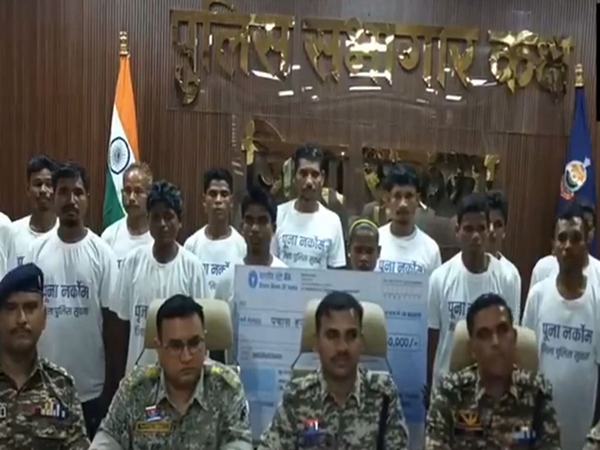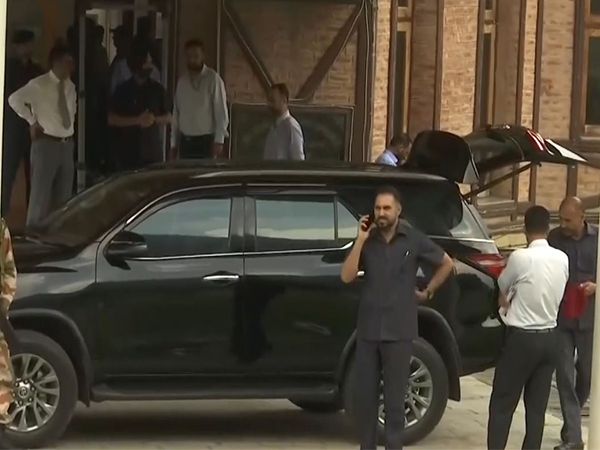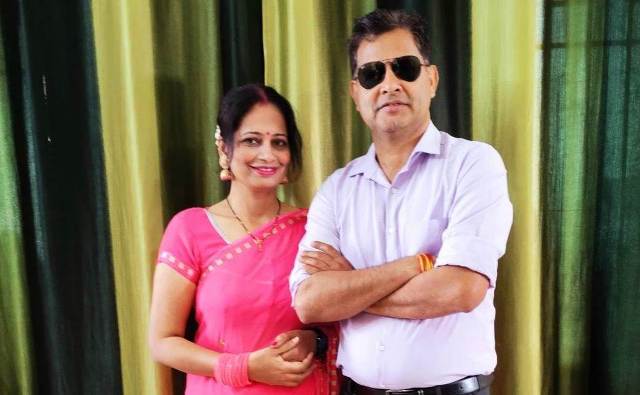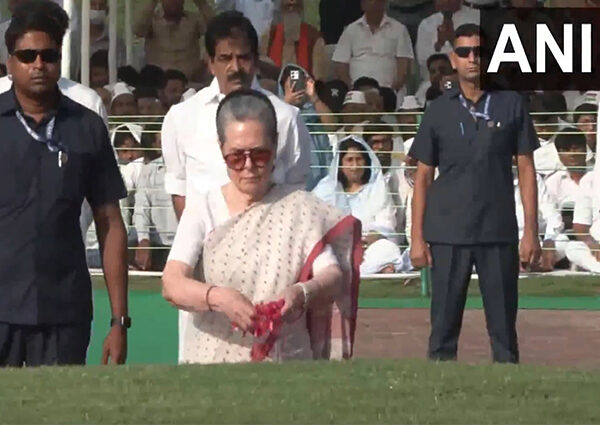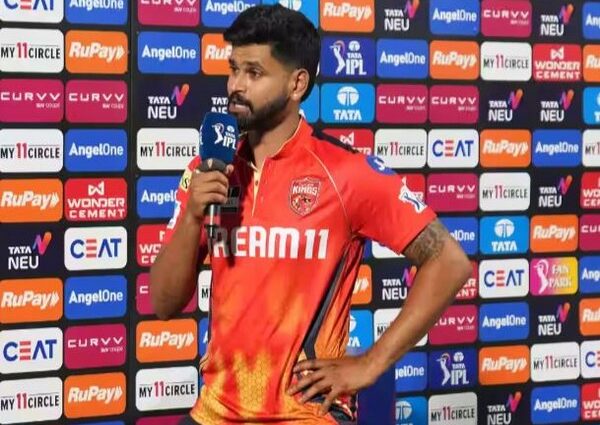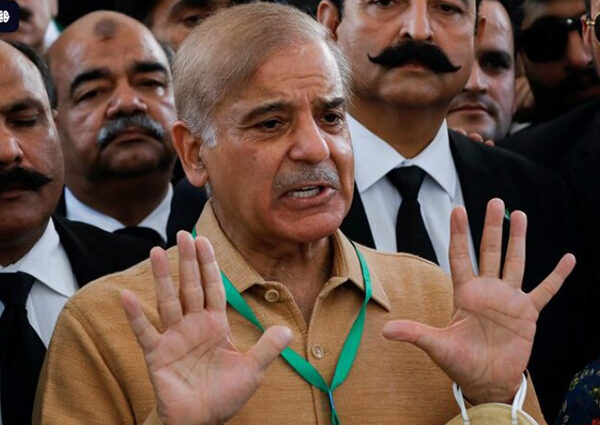In a major success for the Chhattisgarh government’s anti-Naxal campaign, 18 Naxals, including four members of the dreaded Battalion No. 1, surrendered before the police in Sukma district on Tuesday.
According to the officials, the surrender took place under the influence of the state government’s rehabilitation initiative, Niyad Nellanar. ‘
The surrender came as a boost to ongoing efforts in South Bastar, a region long affected by Naxal violence. Among the 18 who surrendered, several were known to be active in four different Naxal battalions, according to the police.
While speaking to the media, Sukma Superintendent of Police Kiran G Chavan said, “Influenced by ‘Niyad Nellanar’ scheme, 18 naxals have surrendered today. Four naxalites are associated with Battalion No. 1. Naxalites belonging to 4 battalions have surrendered. Naxalites active in South Bastar have also surrendered.”
The SP further assured that the surrendered militants would receive full support and rehabilitation benefits under the government’s surrender policy.
“As they have surrendered, they will get all the benefits of the schemes functioning under the state government… I appeal to all the naxals to surrender,” Chavan added.
Meanwhile, last week in Chhattisgarh’s Narayanpur district, security forces successfully neutralised 27 Naxals, including top CPI (Maoist) leader and General Secretary Nambala Keshav Rao alias Basavaraju.
Later, Inspector General of Police (Bastar Range) P Sundarraj said the banned organisation had received training and technological support from several militant and insurgent groups.
“Basavaraju was the general secretary of CPI (Maoists) and headed its military commission. He played a key role in planning and executing the group’s violent operations,” IG Sundarraj said.
He said that these Naxalites used to receive training from many insurgent groups, and that even the LTTE’s name came up — they shared some technologies.
“The banned and illegal Naxal organisation always has a negative thought of harming the security forces in any way, be it through IEDs, ambushes or by attacking the security forces’ camps. In this way, the security forces and the villagers get harmed by negative or violent activity. They used to take training from many militant and insurgency groups – even the LTTE’s name came to light, and they also shared some technology. Basava Raju was the general secretary of CPI (Maoists) and also in charge of the military commission. Hence, he had a role in all the military actions of the organisation… The whole organisation, on the back of them, has suffered losses in terms of technology and military. Their land area has also been reduced. We hope that Naxalism will end soon,” he said.
He added, “With this success, the Maoists have suffered a heavy blow in leadership, military capacity, and territory. We hope Naxalism will end soon in this area and across the country.” (ANI)
